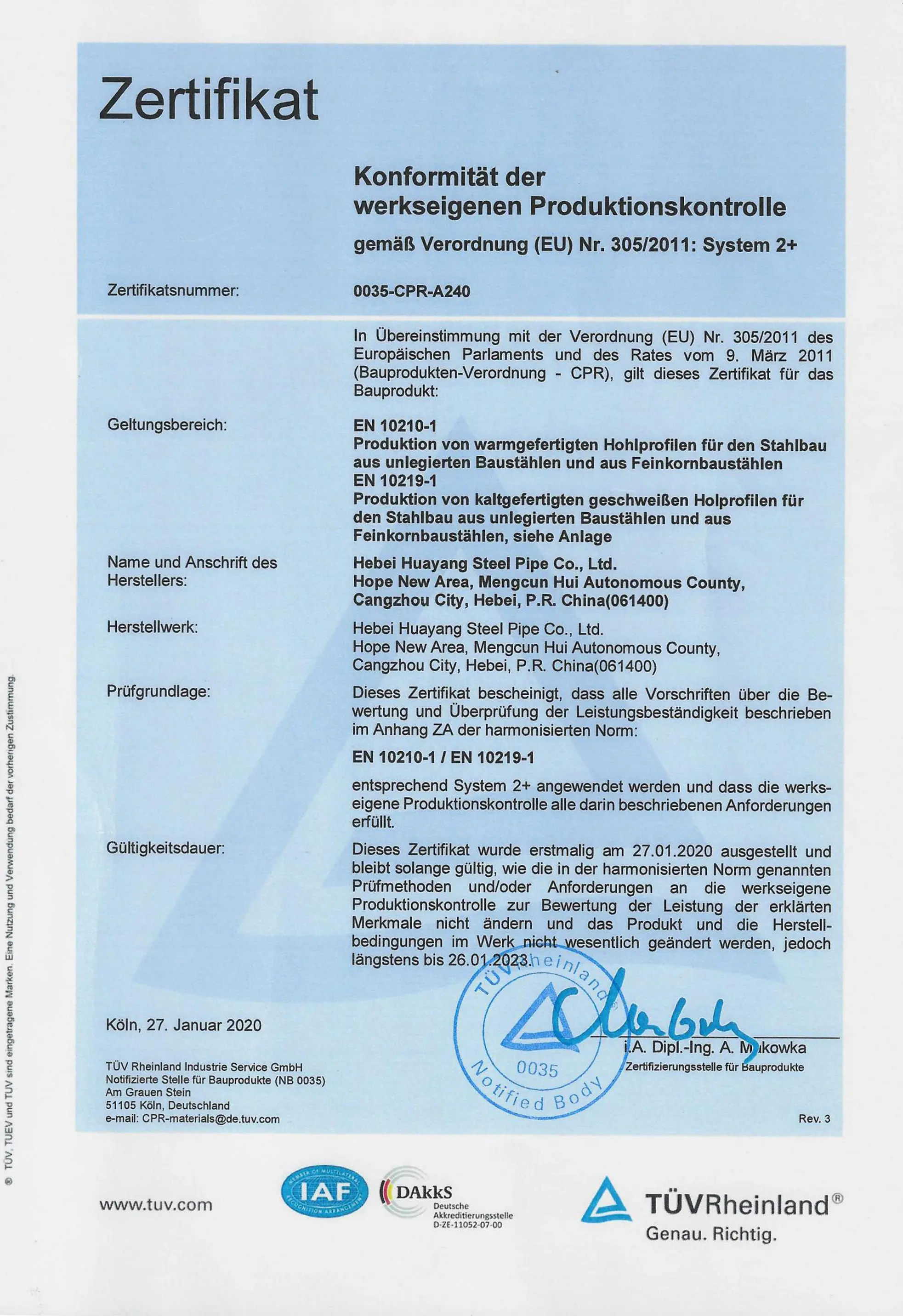
ಆಕ್ಟೋ . 02, 2024 13:45 Back to list
hydroxy ethyl cellulose uses
Hydroxy Ethyl Cellulose Versatile Uses in Various Industries
Hydroxy Ethyl Cellulose (HEC) is a non-ionic, water-soluble polymer derived from cellulose, a natural polysaccharide. HEC is widely recognized for its unique properties, including viscosity modulation, water retention, and film-forming capabilities, making it a valuable ingredient in various industrial applications. Its versatility and effectiveness have led to its incorporation in multiple fields, from construction to personal care. This article delves into the diverse uses of HEC and highlights its significance in contemporary applications.
Hydroxy Ethyl Cellulose Versatile Uses in Various Industries
In the realm of paints and coatings, Hydroxy Ethyl Cellulose plays a crucial role as a thickener and stabilizer. It enhances the viscosity of water-based paints, allowing for improved application properties such as smoothness, leveling, and stability. Additionally, HEC contributes to the uniform distribution of pigments, reducing sedimentation and improving the overall quality of the paint. Its excellent water retention further aids in the prevention of drying issues, ensuring a longer working time and achieving a superior finish.
hydroxy ethyl cellulose uses

The cosmetic and personal care industry also benefits significantly from this versatile polymer. HEC is commonly found in various formulations, including lotions, creams, gels, and shampoos. Its thickening and emulsifying properties help to create stable formulations with a desirable texture. Furthermore, HEC acts as a moisturizing agent, enhancing the feel and performance of personal care products. Its film-forming ability aids in the long-lasting adherence of products on the skin or hair, thereby enhancing their effectiveness.
Another noteworthy application of Hydroxy Ethyl Cellulose is in the pharmaceutical sector. HEC is used in drug formulations, particularly in the preparation of gels and oral dosage forms. Its ability to control viscosity and enable sustained release of active ingredients makes it a valuable excipient. Moreover, HEC’s biocompatibility and non-toxic nature ensure its safety for use in various medicinal applications.
HEC is not limited to these industries alone. It finds use in food processing as a stabilizer and thickener, enhancing the texture of products such as sauces and dressings. In the agricultural sector, Hydroxy Ethyl Cellulose is employed in the formulation of agrochemicals, aiding in the controlled release of fertilizers and herbicides.
In conclusion, Hydroxy Ethyl Cellulose is a remarkable polymer with a wide range of applications across various industries. Its exceptional properties, including thickening, emulsifying, and water-retention capabilities, make it an essential ingredient in products ranging from construction materials to personal care items. As industries continue to innovate and seek out effective solutions, the demand for Hydroxy Ethyl Cellulose is likely to grow, solidifying its role as a vital component in modern formulations.
-
The Widespread Application of Redispersible Powder in Construction and Building Materials
NewsMay.16,2025
-
The Widespread Application of Hpmc in the Detergent Industry
NewsMay.16,2025
-
The Main Applications of Hydroxyethyl Cellulose in Paints and Coatings
NewsMay.16,2025
-
Mortar Bonding Agent: the Key to Enhancing the Adhesion Between New and Old Mortar Layers and Between Mortar and Different Substrates
NewsMay.16,2025
-
HPMC: Application as a thickener and excipient
NewsMay.16,2025
-
Hec Cellulose Cellulose: Multi functional dispersants and high-efficiency thickeners
NewsMay.16,2025







